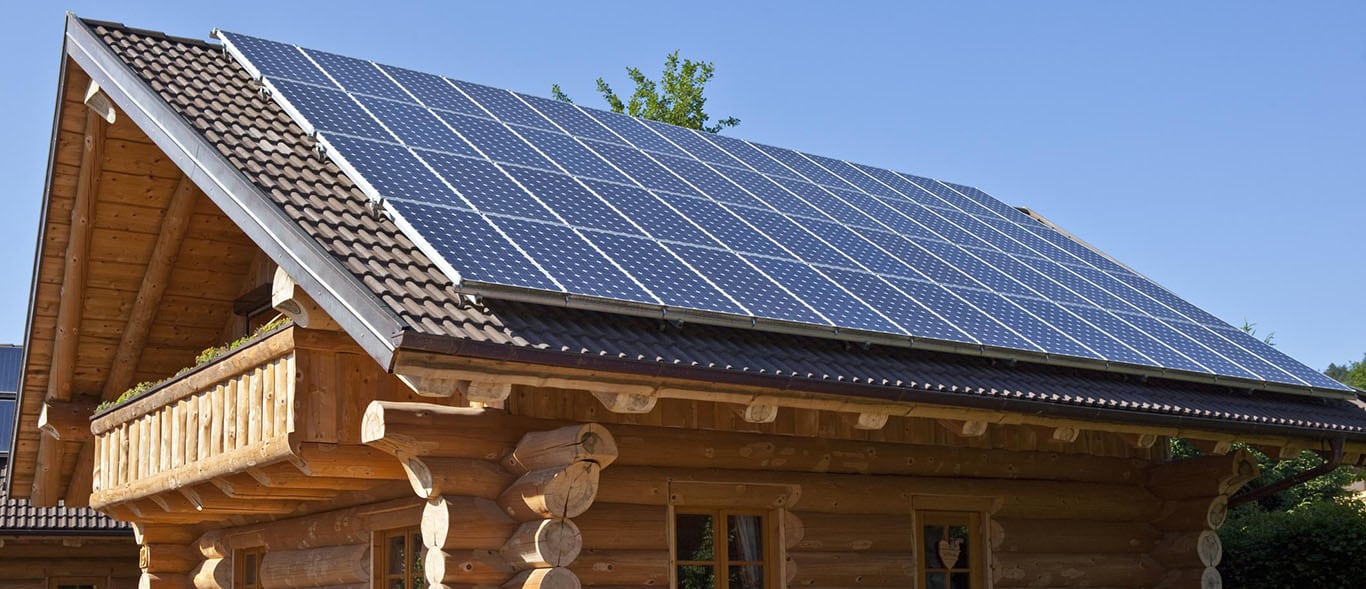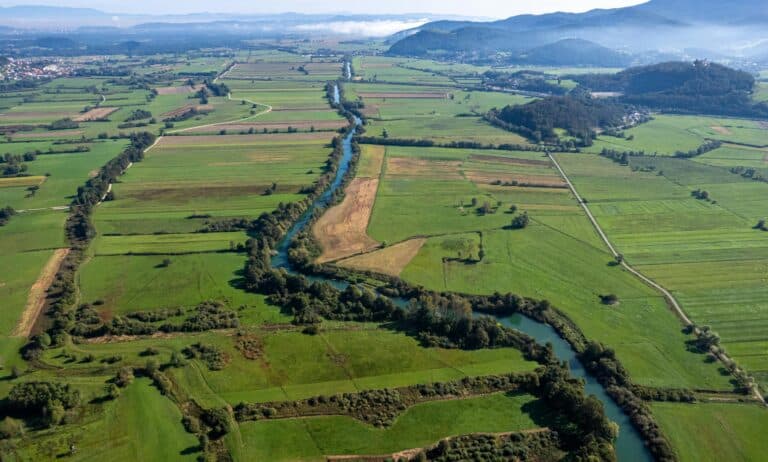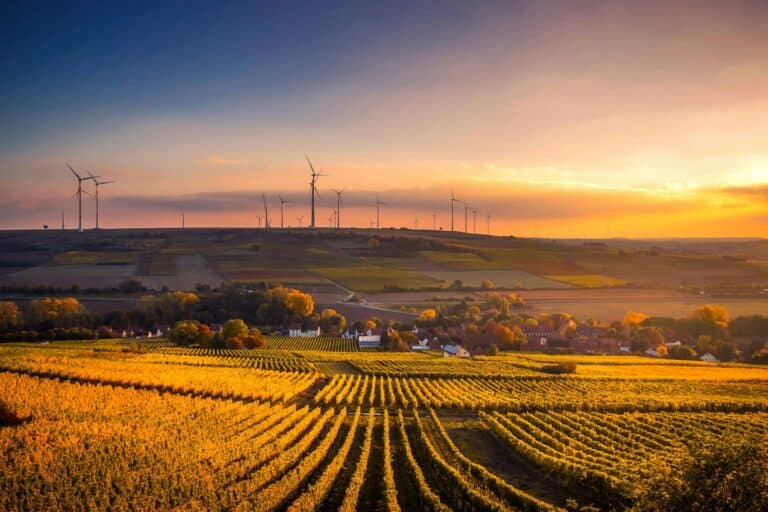Secluded, sustainable, self-sufficient: going off-grid’s been the ultimate American dream since the days of Thoreau. But these days, getting away from it all is obviously a bit trickier than just packing up and moving to a cabin in the woods. Unlike in Walden, you’re probably going to want some basic amenities, such as electricity. But it’s hardly impossible, especially with land that’s good for solar production. Here’s what to look for when you start shopping around.
Seek out land with a flat clearing
Tree coverage is often a death sentence for solar panels. Heavily-shaded areas just can’t compare to the production of sunnier spots; if you live out in the woods, some installers may even tell you solar just isn’t worth it. But tree removal and ground clearing for heavily forested areas can run up to $6,000 per acre, which is an expense you don’t really need if you’re already putting down thousands of dollars on a down payment and solar energy system. If you can, opt for a property that already has a clearing available to you.
You’ll also need to decide how you’ll mount your system, which can come into play regarding the land you choose. A solar calculator or professional installer can help you better understand the best size system for your household needs, but usually your average-sized five-kilowatt panels won’t be able to support the demand from a typical home. You should definitely consider high performance features, like energy-efficient heating and cooling and tight building envelopes, but you’ll still probably need to purchase a solar panel setup that runs on the larger side.
In fact, if you manage to find land that is flat and even, you can potentially opt for a ballasted ground mount system, which will allow you to install multiple panels to create your own miniature solar farm. That lets you position the panels in the optimal direction,rather than relying on the orientation of your roof. For instance, south-facing panels typically demonstrate the best energy performance—but aesthetically, that might not be the best direction for your home. Land that’s amenable to ground-mount panels gives you options.
Avoid areas with restrictive property covenants and zoning regulations
Homeowners associations mean well—their rules are largely meant to maintain safety and bring up property values in the area. However, locations with stringent covenants, conditions and restrictions—affectionately known to realtors as CC&Rs—could put a damper on your dreams of your own self-sufficient paradise.
Notably, counties with restrictive zoning regulations may penalize homeowners for erecting certain structures, like barns, dugouts, and straw-bale houses. Homeowners associations might be even more strict, preventing you from building gardens, raising livestock, or even installing solar (more on that below). You’re entitled to see all CC&Rs after you make an offer on a property, and you can withdraw your offer without penalty (or forfeiting fees) if you don’t like what you see.
Review your state and local laws for solar easements
Likewise, homeowners associations can potentially prevent local residents from erecting solar panels on their property. However, to protect solar residents and encourage the growth of the solar industry, many states and local governments enforce solar easement laws, which restrict HOAs from prohibiting solar.
The best way to check your area for solar easements is to make your way to dsireusa.org, the website for the Department of Energy’s Database of State Incentives for Renewables and Efficiency. Here, you can search through a long list of incentives and legislation for solar, state-by-state.
Check state legislation in the area you want to buy
State attitudes towards off-grid properties vary vastly by location. In some parts of Florida, for instance, residents are required to hook up to the grid—the state lets local utilities decide whether or not homeowners can go off-grid.
Before you buy, try to get a general feel for your state’s thinking in regards to renewable energy. Many states, particularly those in coal-heavy areas, have recently witnessed battles between utilities and solar advocates over the extent to which state governments can legislate solar. That’s a trend that’s likely to continue for the foreseeable future, so it’s a smart idea to look somewhere with a track record of pro-solar legislation.
That may seem like a lot to digest, but it will definitely be worth it when you’re living free and clear on your own off-grid utopia. It’s just like Thoreau said, “if one advances confidently in the direction of his dreams… he will meet with a success unexpected in common hours.”
 Erin Vaughan is a blogger, gardener and aspiring homeowner. She currently resides in Austin, Texas, where she writes full time for Modernize, with the goal of empowering homeowners with the expert guidance and educational tools they need to take on big home projects with confidence.
Erin Vaughan is a blogger, gardener and aspiring homeowner. She currently resides in Austin, Texas, where she writes full time for Modernize, with the goal of empowering homeowners with the expert guidance and educational tools they need to take on big home projects with confidence.



